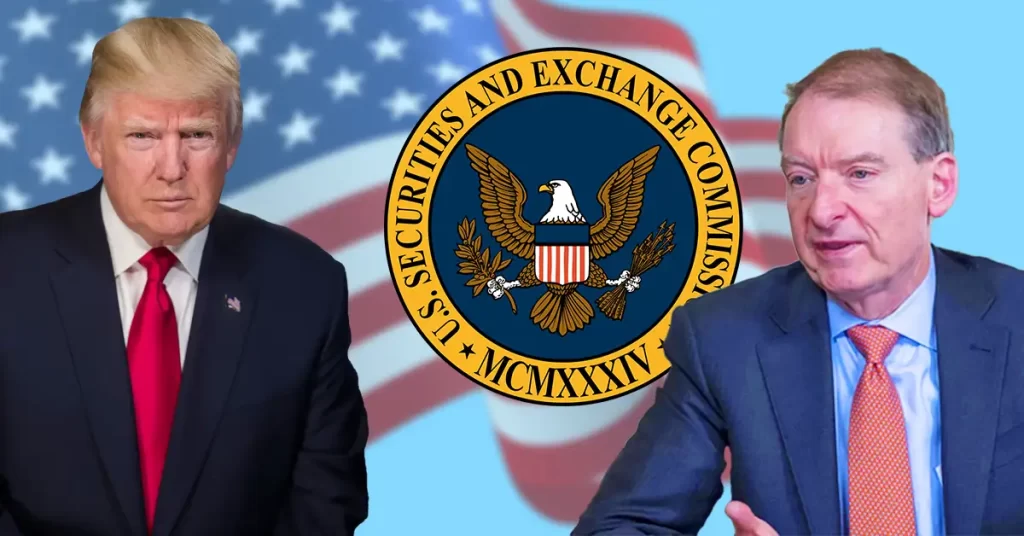Australia’s Tough New Crypto Rules Spark Debate: Will Startups Leave?

The post Australia’s Tough New Crypto Rules Spark Debate: Will Startups Leave? appeared first on Coinpedia Fintech News
Australia is shaking up its crypto regulations, and the changes could have a big impact on the future of the industry in the country. The Australian Securities and Investments Commission (ASIC) has proposed new licensing requirements that would make it harder for crypto businesses to avoid regulation.
But with these stricter rules, some are worried that many startups might be forced to leave. Is innovation at risk?
New Licensing Rules for Crypto Firms: What’s Changing?
According to the proposed consultation paper, most crypto exchanges and businesses dealing with digital assets will need to obtain financial licenses. This includes acquiring an Australian Financial Services License (AFSL) and, in some cases, an Australian Market License.
The new rules also expand the classification of financial products to include stablecoins, staking services, exchange tokens, and wrapped tokens. However, Bitcoin, Ethereum, memecoins, and gaming-related NFTs might not be affected by these changes, providing some relief for the industry.
Consumers Come First
ASIC Commissioner Alan Kirkland stated that the aim is to find a balance between fostering innovation and protecting consumers. The regulator is encouraging all stakeholders to participate in the consultation process, which will close on February 28, 2025.
Although the guidelines present challenges, some leaders in the crypto industry view them as a step in the right direction. Swyftx CEO and ASX Company director Jason Titman noted that clearer regulations could increase market confidence, though he pointed out that Australia’s approach is more detailed and strict than other countries.
What’s at Stake: Will Australia Lead or Fall Behind?
The final guidelines, expected by mid-2025, will determine whether Australia becomes a global leader in regulated crypto markets or risks losing its position as an innovative hub.
The Impact on Startups
The stricter regulations are raising concerns, especially for smaller crypto businesses. ASIC’s requirements, such as maintaining large reserves, could be financially overwhelming for startups.
Charlie Karaboga, CEO of Block Earner, emphasized that while regulatory clarity is beneficial, the added financial pressure could force many small businesses to move their operations abroad.
“This clarity is helpful but places immense financial strain on small businesses like ours,” Karaboga remarked.
Legal experts warn that high compliance costs could discourage new entrants to the market, potentially making Australia less competitive on the global stage. Joni Pirovich, a crypto lawyer, cautioned that if the country doesn’t offer more flexibility, we could see a wave of crypto companies leaving for more favorable locations.
With the clock ticking toward 2025, Australia’s crypto future is uncertain —will it lead the way or fall behind?



